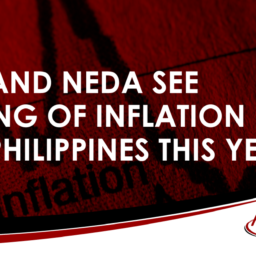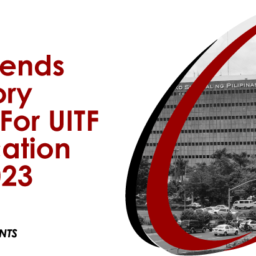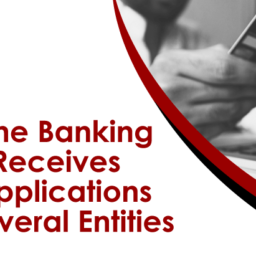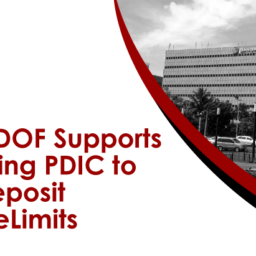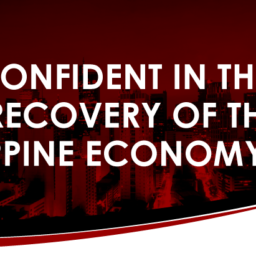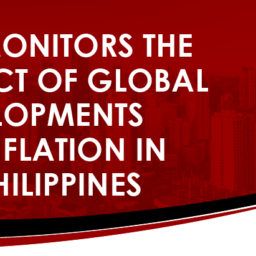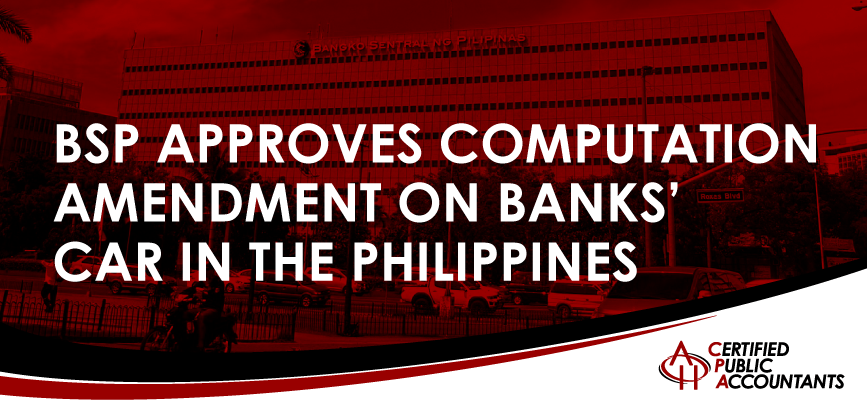
BSP Approves Computation Amendment on Banks’ CAR in the Philippines
The Bangko Sentral ng Pilipinas (BSP) has approved the changes in the computation of how much capital a bank should have as a percentage of risk-weighted credit exposures.
BSP Governor Benjamin Diokno stated that the Monetary Board had issued Resolution 372 approving the modifications to the guidelines on the computation of the minimum required capital and the risk-based capital adequacy ratio (CAR).
Conforming to the new guidelines, the term capital shall be identical to unimpaired capital and surplus, combine capital accounts and net worth, and apply to the total number of the unimpaired paid-in capital, surplus, and undivided profits.
BSP mentioned that deposits from stock subscription, treasury stock, and the total outstanding unsecured credit accommodations, direct and indirect, to directors, officers, stockholders, and their related interests (DOSRI) allowed by the bank proper should be removed from the capital.
For state-run banks, the regulator stated that the adjustment should not include the unsecured peso-denominated credit accommodations to the government.
BSP noted that for the qualifying capital under the risk-based capital adequacy framework. Common stock treasury shares, together with the total outstanding unsecured credit accommodations, both direct and indirect, to DOSRI, shall also be deducted or added to the common equity tier 1 (CET-1) capital.
BSP stated that the risk-weighted amount is now the product of the net carrying amount of the assets and the risk weight associated with those assets that have zero risk weight, as well as 100% risk weight.
Other assets, such as claims on central governments and central banks of foreign countries other than those with the highest credit quality and foreign currency checks and other cash items, are not acceptable as international reserves.
For total outstanding unsecured credit accommodations to DOSRI. The net allowance for credit losses, along with the adjustment except for the unsecured peso-denominated credit accommodations to the government for state-run banks, should be deducted from the capital.
For financial institutions and banks that are participating in the Personal Equity and Retirement Account (PERA) market and PERA investment products, all of them must have a net worth of at least ₱100 million in order to be an administrator.
BSP cited that the net worth should refer to the total unimpaired paid-in capital, surplus, and undivided profits net of the total outstanding unsecured credit accommodations to DOSRI as well as the unsecured peso-denominated credit accommodations to the government for state-run banks.
Diokno noted that the Philippines’ banking system is stable, posting growth in assets, deposits, and loan portfolio in the previous year despite the COVID-19 pandemic.
Diokno stated that banks in the Philippines stayed well capitalized as the CAR remained above 10% minimum set by BSP, as well as the 8% under the Basel requirements.
Diokno mentioned that BSP made complementary moves to assist the economy back to its growth trajectory as soon as possible.
Diokno remarked, “In order to calm the market and to help fuel the recovery, the BSP kept policy rate at a record low. We reduced the reserve requirement, provided advances to the national government, and issued a long list of regulatory relief measures for banks.”






